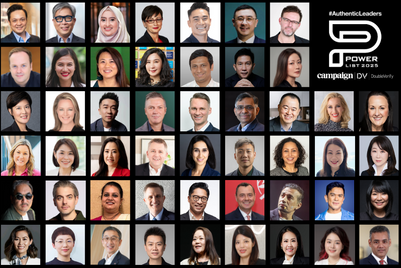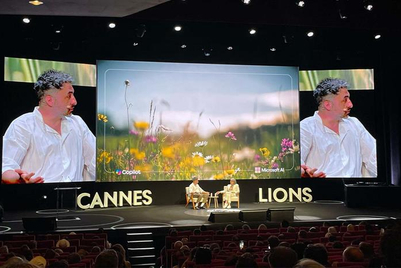
Absence has made the heart grow fonder for travellers in Asia-Pacific after almost three years of pandemic disruption. Now that the tourism industry has gained its pre-COVID momentum, tourists are flocking to the region’s hotspots as international business travellers fuel an economic rebound in Southeast Asia.
As such, APAC’s community of independent travel agencies should be optimistic in 2024. Taking advantage of this rebound, however, means understanding who are these new travellers; what are their preferences and what sets them apart from their pre-pandemic peers? Robust data and insights can illustrate these variations and nuances and help budding holidaymakers kickstart their travel planning.
Travellers to APAC in 2024 can be divided into four categories: Luxury loyalists, urban traditionalists, eco-friendly families, and remote value-seekers. Each group has its own specific set of considerations from travel methods, accommodation and activities. Other considerations also include whether travellers want a pre-planned and packaged experience or a more spontaneous adventure.
Meanwhile, with the business community back in full force, the APAC region is now reaping the benefits of increased spending on hotels, food and beverage and conference events. But, what makes post-pandemic business travellers stand out is their increased interest in blended or ‘bleisure’ travel. They are now more likely to take extended trips and excursions that fit in with their business and conference schedules.
The post-pandemic era may also serve as some of the first big trips for young, Generation Z travellers, either solo, with friends or on family holidays. Agencies will need to reach this social media-reliant group on the platforms they use and through the channels that inspire them.
As an example, next year will see the arrival of Taylor Swift in Australia, Singapore and Japan, which has created a surge in travel searches and booking volumes to these countries. Smartphone apps such as TikTok, Instagram and YouTube are powerful drivers of inspiration for younger generations, as well as a source of information. Instead of searching for hotels on a traditional search engine, Generation Z users may take recommendations from an influencer’s Instagram trip.
Social media drives travellers to famously photogenic destinations, such as the Bali Swing or Singapore’s Haji Lane, but it also spurs the desire for unique experiences that stand out online. Boutique agencies are in a position to craft these very experiences for travellers, leveraging their local knowledge and contacts to cultivate the perfect moments—both online and off. This is why it’s so important to know your visitor before they even make their booking.
In any industry, knowing your customer requires data, whether it’s third-party or first-party from previous interactions. Clear, well-organised data allows travel agencies to deliver customised itineraries, personalised recommendations and booking options. The more hyper-personalised the offering, the more likely a potential customer will engage and make a booking.
Data analytics enable boutique agencies to refine their marketing strategies to capture the attention of prospective travellers. Analytics also help agencies improve and refine the products and services they offer, including which destinations are guaranteed bliss and those which are falling short of expectations.
A strong data catalogue is also essential for travel agencies to leverage generative artificial intelligence (GenAI). This technology has the potential to dramatically improve the travel experience by offering real-time assistance to queries while also helping customers make quick, well-informed decisions during the planning process.
The importance of travel in APAC cannot be underestimated. Indeed, Singaporeans are even ready to forego other luxuries in order to travel amid uncertain economic circumstances. Thus, boutique agencies should always remember that travellers, even those on business trips, should be able to expect an easy, enjoyable and stress-free experience.
Being ahead with data and analytics enables agencies to cater effectively to customers’ preferences and anticipate any potential curveballs, such as flight delays and double bookings. GenAI will help agencies tackle these problems quicker and empower them to offer good alternatives if necessary. With a strong data-driven strategy, boutique agencies can make travel planning as fun as the trip itself.
Aleetza Senn is the CEO & founder of Sparkline.



.jpg&h=334&w=500&q=100&v=20250320&c=1)


.png&h=334&w=500&q=100&v=20250320&c=1)




.png&h=334&w=500&q=100&v=20250320&c=1)





.png&h=268&w=401&q=100&v=20250320&c=1)
.png&h=268&w=401&q=100&v=20250320&c=1)

